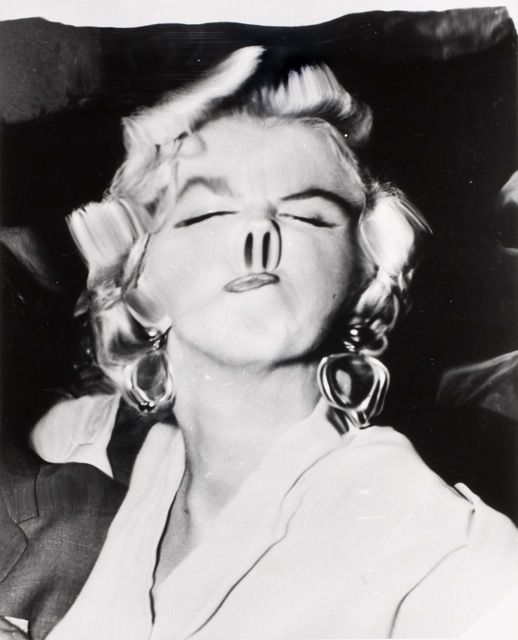Even in the 1930s, Nathanael West could see that media was becoming mass, that the Horatio Alger myth, a cruel hoax that pretended the exception was the rule, would soon be oppressively disseminated to all of America–to all of the world. From “He Foresaw History,” David Ulin’s 1997 Los Angeles Times article about West’s prescient prose:
“For West, the very substance of modern life exists in the place where the medium and the audience connect. His aesthetic was firmly rooted in the idea of mass communication, which by the 1930s, he recognized, had begun to change American culture in unpredictable ways. It’s one of the things that sets him apart from his contemporaries, and, as such, may have contributed to his marginal status.
‘In the 1930s,’ Veitch suggests, ‘American literature was dominated by icons of the left, like Ma Joad, but West wrote against that; he was a writer on the left who didn’t write about leftist themes. Instead, he wrote about consumerism. He wrote about the America that was emerging, the America of mass culture. At a time when the left had disdain for that, West homed in on it, using cliches, cartoons, comics, Tin Pan Alley songs. Miss Lonelyhearts is a slap in the face to the left’s fascination with folk culture, as is The Day of the Locust.”
His take on popular culture emerges not just in the substance of his writing, but in its style. Miss Lonelyhearts, for instance, was conceived as a ‘novel in the form of a comic strip’; ‘I abandoned this idea,’ West wrote in 1933, ‘but retained some of the comic strip technique: Each chapter, instead of going forward in time, also goes backward, forward, up and down in space like a picture. Violent images are used to illustrate commonplace events.’
Writing in a voice that is deliberately flat, West portrays a newspaper advice columnist, caught between the cynicism of his editor, Shrike, and the despair of his readers, who, in a society where God has been replaced by the manufactured images of mass imagination, have nowhere else to turn for meaning. As Shrike declares, ‘The Miss Lonelyhearts are the priests of 20th century America.’ Miss Lonelyhearts becomes a counterpart for Christ, and his column a modern source of communion.
The Day of the Locust focuses the same perspective on the desperate dreams of Hollywood. And A Cool Million--a broad farce that, in tracing the disasters that befall a young man named Lemuel Pitkin when he sets out to seek his fortune, turns the Horatio Alger formula on its ear–touches on this issue. What these books have in common is a sense of mass illusion, of image somehow substituted for reality until there is little difference between the two.
‘West’s subject,’ says Library of America Publisher Max Rudin, ‘is the selling of mass fantasy, the American business of dreams.’
Elaborates Bercovitch: “There’s a sense in West of public life having a stage set quality, of the marketplace as a giant betrayal not just of America but of all human dreams. Yet while he understands this, he remains susceptible to the pathos of human need.'”
••••••••••
“Isn’t it romantic?”:
Tags: David L. Ulin, Nathanael West

